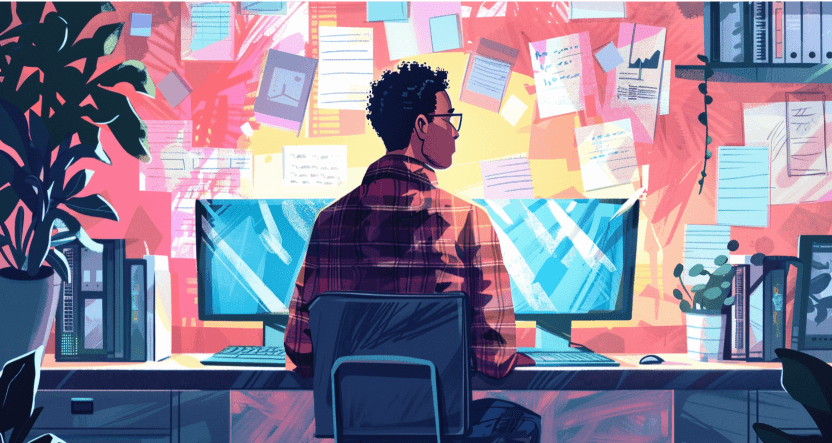Career Advice
Articles and guides that will help you find opportunities, master the interview process, and build an amazing career.
How to Land Your First Job After College in the Age of AI
Yes, It’s Really Hard to Get a Job Out of College Right Now
The old career ladder is collapsing, and your parents might not understand why.
For decades, the path into white-collar work was straightforward: you landed an internship, moved into an entry-level role, proved yourself by handling repetitive tasks, and gradually climbed the ranks. That ladder is breaking, and for today’s graduates, the first rung feels out of reach.
6 Things You Can Do This Summer to Land a Job or Internship Next Year
If you’re hoping to land a great internship or full-time job next year, your summer is one of the best times to start preparing—whether you’re interning, working a part-time job, or taking summer classes. What many students don’t realize is that tons of companies begin hiring for the following summer as early as August or September. That means the effort you put in now can make a big difference in your success this fall.
All Articles
5 Tips for a Standout Cover Letter
How to Navigate Your First Technical Interview
How to Connect With Your Professor and (Eventually) Turn That Relationship into a Professional Reference
How to Handle Happy Hour as an Intern
Subtle Things That Are Harming Your Interview Chances, According to Experts
How to Stand Out at a Career Fair
8 Questions You Should Ask During an Informational Interview
How to Negotiate a Higher Starting Salary For an Entry-Level Role
4 Talking Points to Fall Back on When Networking







